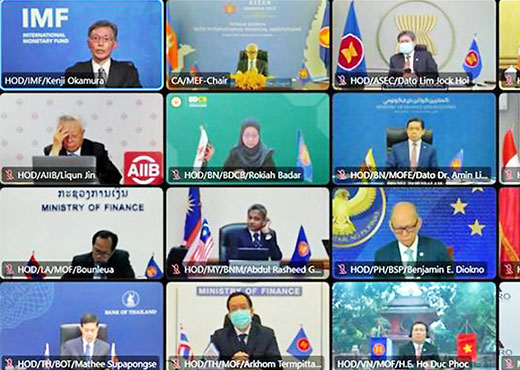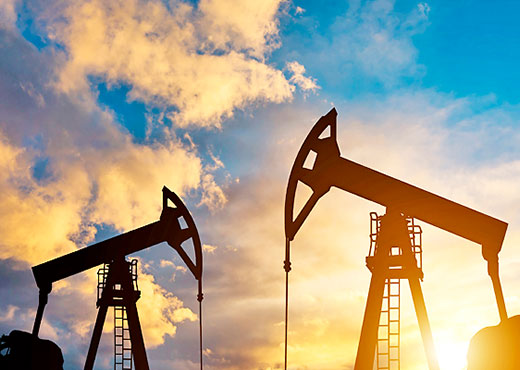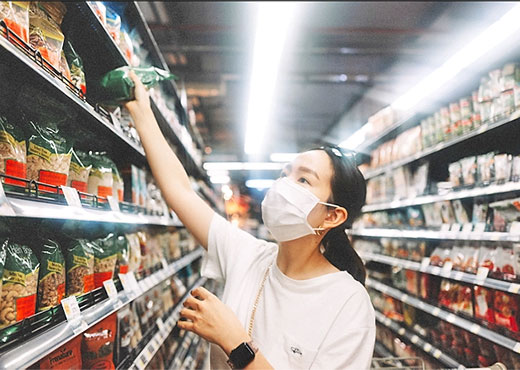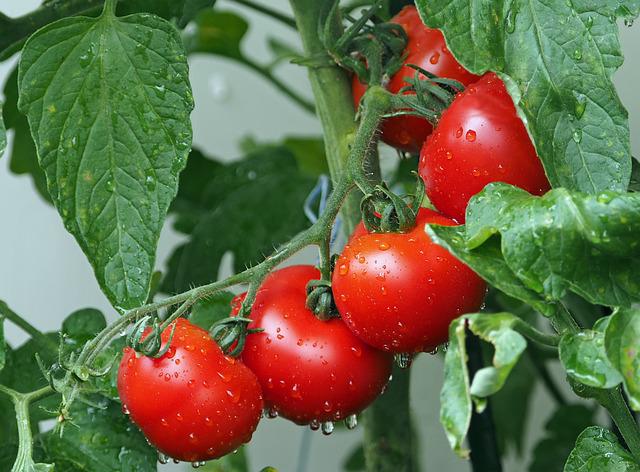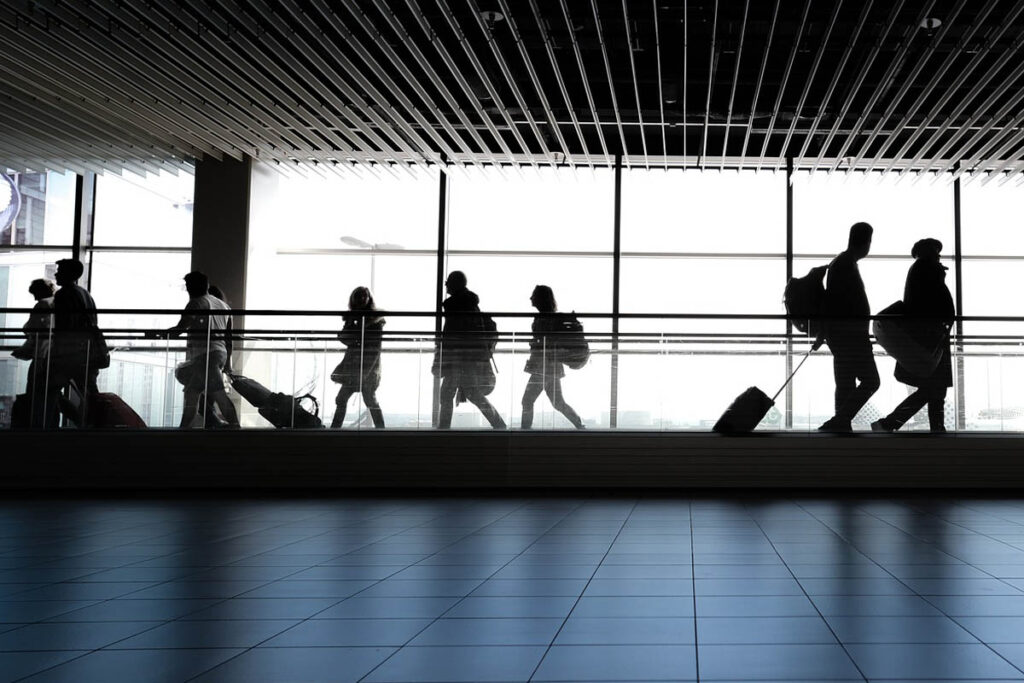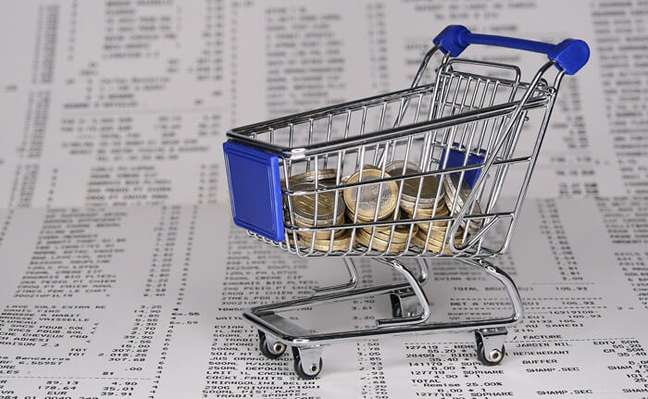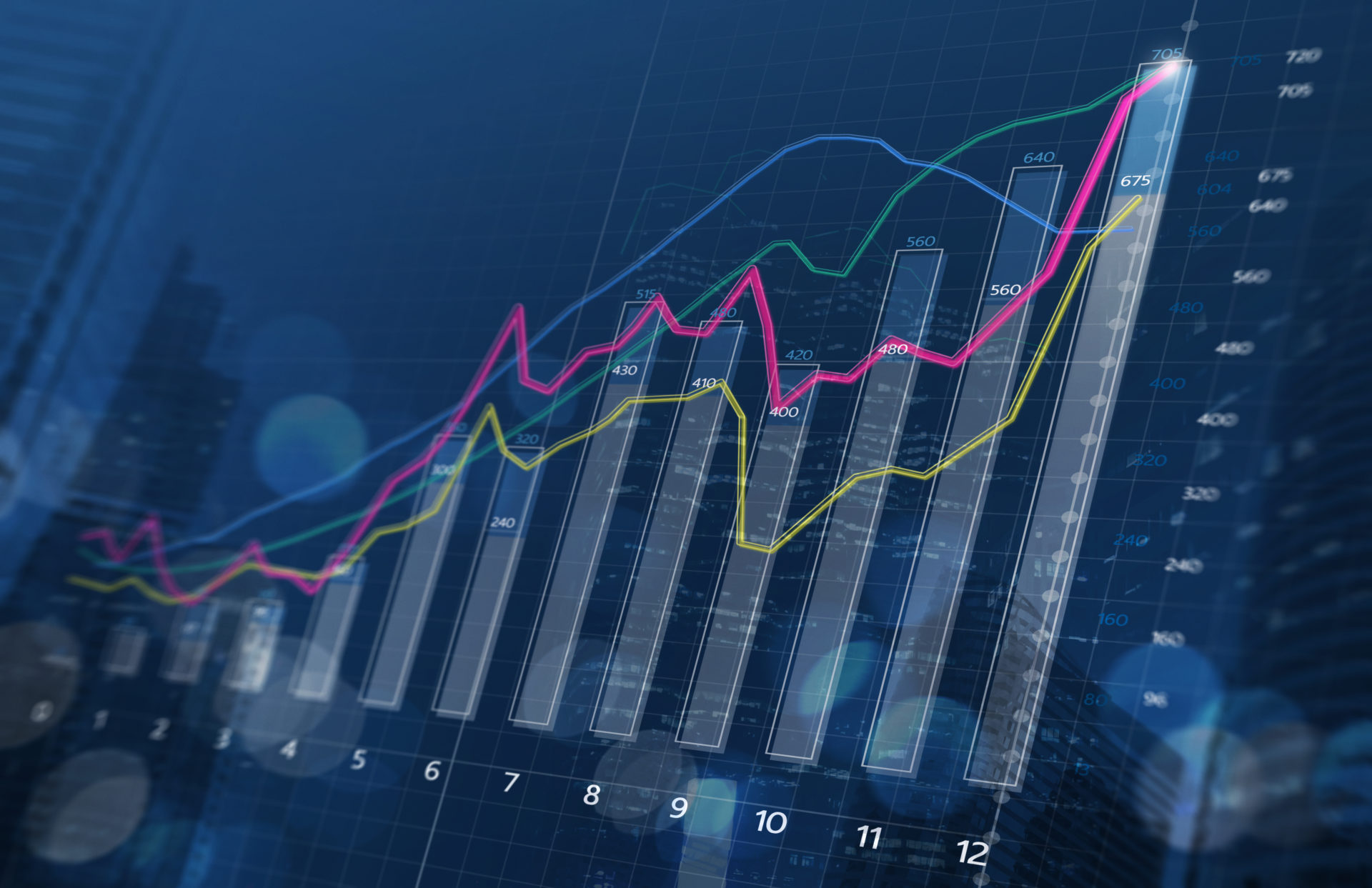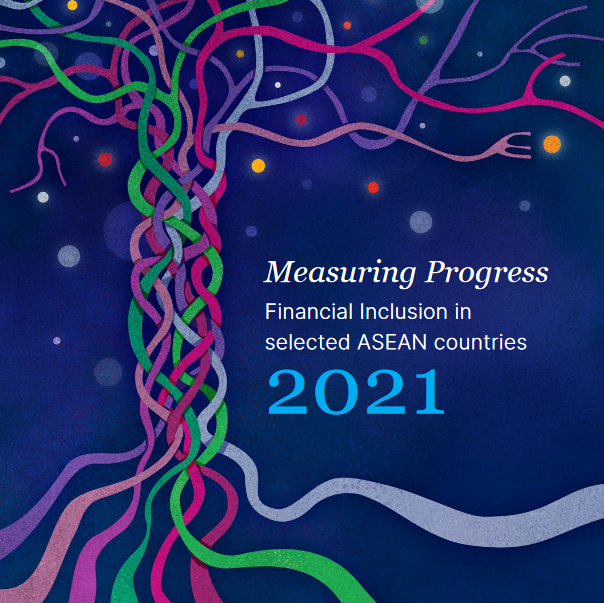Agriculture is a key sector in Southeast Asian economies. According to the World Bank, agriculture accounted for about 11% of ASEAN’s gross domestic product (GDP) in 2020. In countries such as Cambodia and Myanmar, the sector contributed more than 20% to national GDP. Agriculture is also a major employer in the region. In 2019, it accounted for more than 35% of total employment in countries like Laos, Myanmar, and Vietnam.
In recent years, the global agricultural industry has faced numerous challenges. One is climate change. In Southeast Asia, the sector has taken a battering due to more extreme weather events driven by global warming. According to a 2021 research report by the Asian Development Bank, from 2008 to 2018, the region suffered USD 21 billion in crop and livestock production losses due to climate-related disasters.
This was worsened by the COVID-19 pandemic, which led to a shortage of agricultural labor and disruptions in global supply chains. In 2020, the pandemic was estimated to have caused a 3.1% reduction in the aggregate volume of agricultural production (29.58 million tons) in Southeast Asia, which represents a 1.4% decrease (USD 3.76 billion) in the region’s GDP.
Amid these challenges, there are silver linings—the region’s agricultural industry is rapidly adopting new and innovative technologies, especially in rural and urban farming activities.
Tech-enabled farming
Agriculture in Southeast Asia is in the midst of a technological transformation. For example, smartphones are harnessing artificial intelligence (AI) and big data to more effectively control crop management, while drones are helping farmers improve their farming practices and increase crop yields. For many of the region’s smallholder farmers, who are defined as growers who operate in land areas smaller than two hectares, these digital technologies have not only enhanced the efficiency of their operations, but also boosted their income.
In Vietnam, MimosaTEK is bringing precision agriculture to smallholder farmers with cloud-based devices and sensors that aid crop monitoring. At the same time, the startup leverages internet-of-things (IoT) technology to develop a smart irrigation system that allows farmers to use smartphones to monitor weather conditions and irrigate their crops while optimizing water use. The Vietnamese government has successfully piloted this system in Cần Thơ Province, and is planning to scale the program across the rest of the Mekong Delta.
Agritech and “smarter farming” will also play a bigger role in Thailand’s agricultural sector as the Thai government encourages its farmers to adopt smart farming practices. To incentivize local farmers to adopt digital technologies in their operations, since 2020, Thailand’s Digital Economy Promotion Agency has been awarding farmers and community enterprises agritech grants between THB 10,000 (USD 300) and THB 300,000 (USD 9,000). As a result, some farmers in Thailand have started using drones in farming activities such as planting seeds and spraying pesticides.
Drones have also been used in agriculture in other parts of Southeast Asia for purposes such as weather forecasting, disaster management, crop damage assessment, and crop monitoring and mapping.
A good example is Poladrone, a Malaysia-based drone technology startup, which provides pest management solutions for Malaysian oil palm farmers. Not only can its drones carry out precision spraying of pesticides, they can also help to reduce the farmers’ exposure to toxic pesticides.
Digital technologies are crucial to improve farmers’ resilience to tackle climate change and COVID-19 challenges. To support the adoption of digital technologies among smallholder farmers, Deloitte and the World Economic Forum (WEF) have engaged in a multi-year partnership to support the design and execution of the 100 Million Farmers program. The program aims to incentivise and enable farmers to adopt sustainable practices to support the global transition towards net-zero, nature-positive food systems.
Urban farms
Besides catalyzing the digital transformation of the agricultural sector, climate change and the COVID-19 pandemic have also highlighted the importance of urban agriculture.
According to a recent report on Singapore’s agrifood tech ecosystem by Deloitte’s Center for the Edge and the Singapore Economic Development Board (EDB), urban farms help build a more secure and resilient food system. This would explain why the Singapore Food Agency set up a SGD 60 million (USD 44.4 million) Agri-Food Cluster Transformation Fund in 2021 to encourage local farms to adopt sustainable, tech-enabled farming practices.
Urban farms are key to building a more robust food system in cities which tend to be heavily dependent on food imports. These farms provide a buffer for market supply, in the event of disruptions to food supply chains.
Urban agriculture also allows farmers to grow a wide variety of produce all year round. By using soilless agricultural systems such as aeroponics or hydroponics, growers can reduce problems associated with soil-borne pests and diseases, as well as increase crop yields.
At the same time, the use of digital technologies such as LED lighting, sensors, and IoT technology help urban farms better control and optimize growing conditions for higher yields.
For example, Singapore-based agritech startup Sustenir has high-tech indoor farms that can achieve yields at least 14 times higher than traditional farms.
Meanwhile, farmers are also using e-commerce platforms to sell directly to urban consumers.
In Singapore, there is Urban Tiller, a farm-to-table agritech startup that delivers fresh produce to households within eight hours after harvest. In Indonesia, people in Java and Bali are turning to e-grocery platform Sayurbox to order fresh produce directly from local farmers.
According to the e-Conomy SEA Report 2021 by Google, Temasek, and Bain & Company, Southeast Asia’s tenacious digital growth is in part driven by e-commerce, online groceries, and food delivery. This has been in part catalyzed by the COVID-19 pandemic. Since the pandemic began, there have been 60 million new digital consumers in Southeast Asia, of which 20 million joined in the first half of 2021 alone.
Southeast Asia is a key market for agritech
Southeast Asia is poised to become a key market for agritech investment as consumers and businesses in the region go online at a rapid pace. According to AGFunder, agrifood tech startups globally raised USD 51.7 billion in 2021, almost double the USD 27.8 billion raised in 2020.
As agritech solves the challenges of agriculture and food production, it shines the spotlight on the food supply chain. Besides food production, there are many other areas in the food system where technology can be applied, including food processing and distribution.
Asia has become the largest region in the global food market, with its market share growing from 42% in 2014 to 50% in 2020. Consumers will spend an additional USD 4.4 trillion on food over the next ten years, as massive demographic changes and evolving consumer needs drive up demand for larger quantities and better quality food.
In the next article of our two-part series on “The future of agrifood tech in Southeast Asia,” we will delve into the world of food technology (foodtech) and alternative foods, and discuss the roles they play in the agrifood ecosystem.

